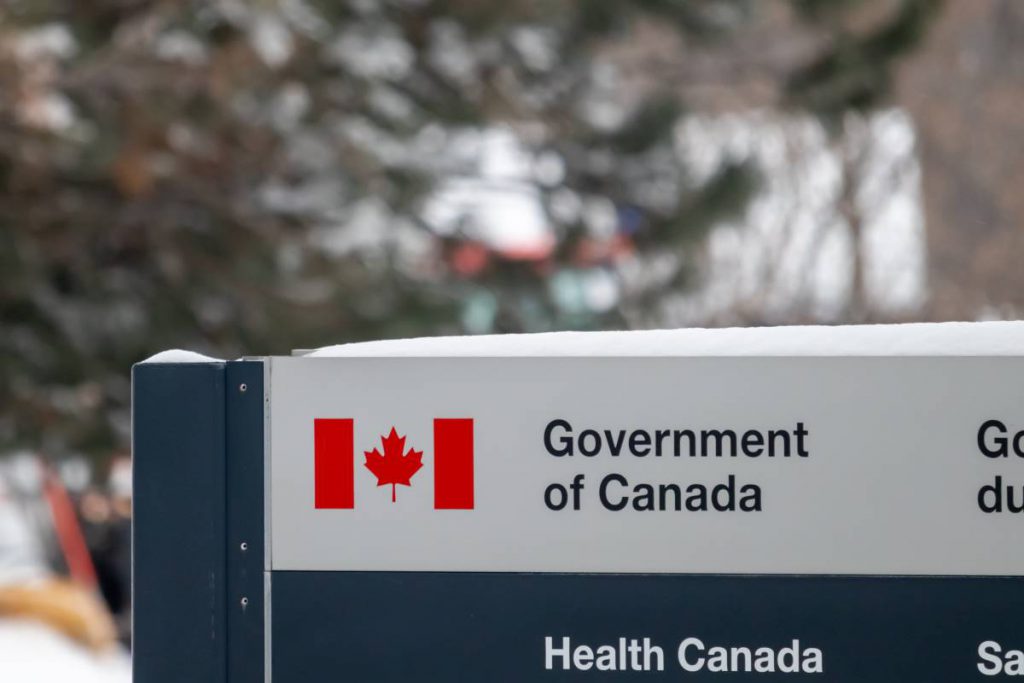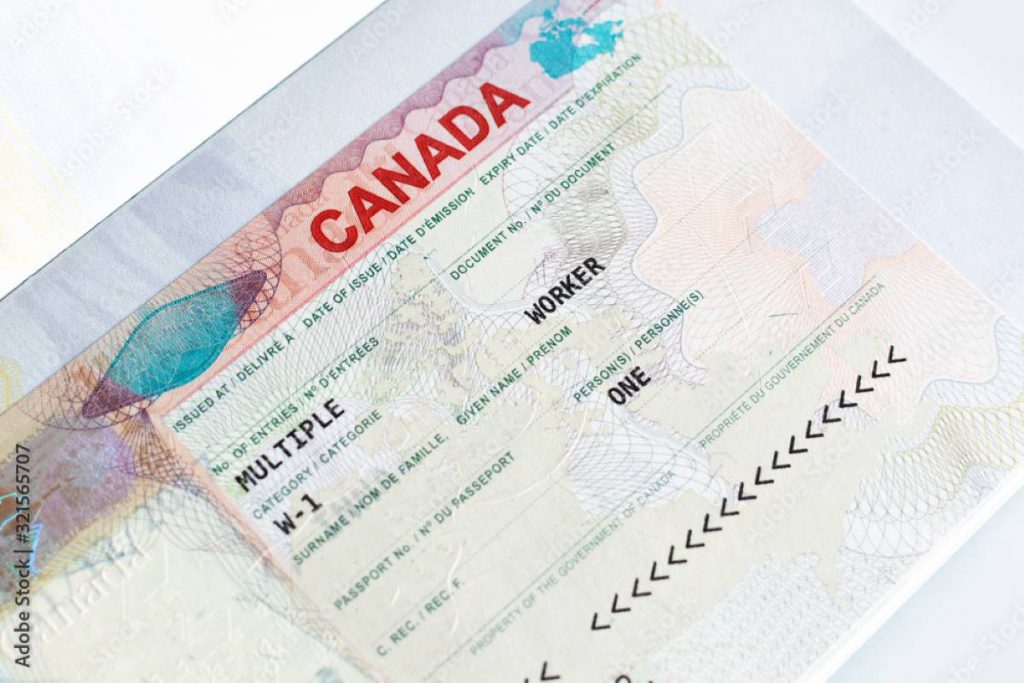When you found out you were pregnant, you may have had mixed feelings. Perhaps you were really excited but also very worried about how you would cope with the full process.
We understand you completely; your life is going to change forever in the next few months and that can be a bit overwhelming. However, the good news is that you have some time to get ready and plan for it.
If you are wondering what your pregnancy journey will be like, you came to the right place. From the choice of a health provider to the compulsory medical visits, we will explain everything you need to know to plan your pregnancy in Canada.
CHOOSING A HEALTHCARE PROVIDER
Choosing a healthcare provider is an important personal decision; you need to feel comfortable with them, as they are the people who will care for you and your baby until the end of your pregnancy and even beyond.
In Canada, you can choose from 3 different health care providers. Let’s briefly examine them.
The obstetrician
They are highly trained specialists who can provide support for you during pregnancy and after childbirth. Obstetricians encourage normal vaginal delivery but they are also able to manage any complications that may arise and perform C-sections. If your pregnancy suddenly becomes highly risky, you will be referred to an obstetrician. They sometimes provide shared care together with a family doctor or midwife.
The family doctor or physician
In uncomplicated pregnancies, family doctors can provide you with prenatal and postpartum care. They usually pair with nurse practitioners during your prenatal care. Family doctors have the advantage of being familiar with your health records, which may help you feel comfortable and safe. They can perform any necessary tests and prescribe any appropriate treatments if necessary.
The midwife
They provide continuous care in low-risk pregnancies. They will be with you before, during, and after labor. Midwives are trained to perform most of the necessary examinations and order mandatory tests, such as screening and diagnostic tests. If you and your baby are healthy, choosing a midwife will give you the opportunity to deliver your baby either in a hospital, birthing centre, or at home.

WHAT MEDICAL CARE WILL I RECEIVE?
During your pregnancy, you will have to attend several prenatal appointments. On your first visit, your health provider will ask you a number of questions to assess the likelihood of you having a higher risk pregnancy based on your health history. From then on, they will also weigh you, check your blood pressure, and order various urine and blood tests to make sure you and your baby are both safe and healthy.
Although there isn’t a set number of prenatal visits people should have, you can expect to have between 7 and 11 regular prenatal visits throughout each pregnancy. Besides, you will be offered some scans to check the development of your baby, regardless of where you live.
The scans
- Dating scan: it’s a non-invasive ultrasound performed between weeks 8 and 14 to confirm the number of babies you’re expecting, their age, and your due date.
- Prenatal Genetic Testing: you’ll be offered a number of tests that screen for chromosomal or genetic conditions; the specific number of tests provided varies significantly across the country, so you should check which ones are offered in your area. It’s up to you to accept them or not. Yet, you should know that they could help you learn about potential complications and come up with a plan of action to help your baby.
- The nuchal translucency measurement test is one of the most common tests offered. It’s performed in the scan that takes place between weeks 11 to 14 to measure the thickness of the fluid buildup at the back of the baby’s neck; if it is thicker than normal, it can be an early sign of Down syndrome, trisomy 18, or some other heart problems.
- The 18- to 22-week ultrasound is another test often offered to women. It attempts to diagnose any potential fetal structural abnormalities. It will also allow your health provider to identify the location of the placenta, assess the volume of your amniotic fluid, and estimate the gestational age in a more accurate way than in previous ultrasounds.
Depending on the results you receive, your health provider may decide to request additional tests. For more information about the care, you can expect to receive during your pregnancy visit the Canadian official webpage.
NOTE: You’ll also be offered immunization, such as tetanus, diphtheria, pertussis (Tdap), and annual influenza vaccines. The National Advisory Committee on Immunization also recommends getting a complete series with an mRNA COVID-19 vaccine when you are pregnant or breastfeeding. There’s evidence that getting COVID-19 in pregnancy can be potentially deathly for you and your baby. You can check the updated information on COVID-19 in pregnancy here.
HOW MUCH CAN I EXPECT TO PAY FOR HEALTHCARE?
Fortunately, Canada has a universal health-care system that covers most of the services. It’s paid for through taxes and only requires you to apply for it and show your public health insurance card when you attend the hospital or medical clinic. However, you may have to pay for some of the fees. For example, if you want a private room for your postpartum recovery that could cost you between $290 and $340 per night. Each province and territory have their own health insurance plan, so make sure you check what your plan covers in advance to avoid unpleasant surprises.
WHAT DOCUMENTS SHOULD I BRING WITH ME ON THE DUE DATE?
Before your due date, remember to have a suitcase with your personal effects and everything you’ll need for your baby at least 3 weeks in advance. As regards paperwork, you will be asked to provide:
- Your hand-held antenatal records (if they were given to you by your provider)
- Your birth plans
- Your Social Insurance Number (SIN)
What is a Birth plan?
A birth plan is a document that you prepare together with your health provider to explain what you would like to happen on your due date. Please note that it’s only a guide that expresses your wishes, as it may have to be modified if complications do arise.
HOW LONG IS THE HOSPITAL STAY AFTER DELIVERY?
If the childbirth is normal and the mother and the baby are doing well, the length of the stay will be about 2 or 3 days. If the delivery was done by C-section or if complications arose, either for the mother or the baby, your healthcare provider may decide to extend your stay to make sure you recover before you’re sent home.

We hope you found this information useful, and we wish you a healthy pregnancy. Enjoy your new life!






